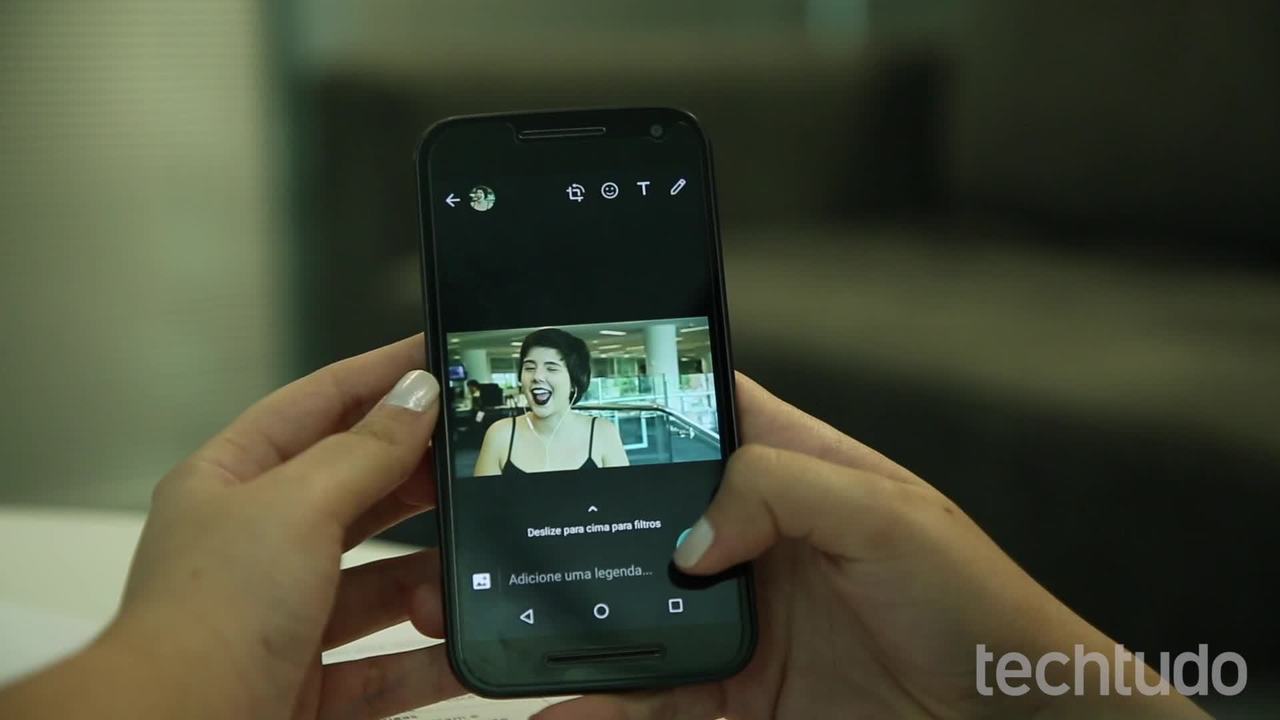A new scam on WhatsApp promises free recharge for mobile. The message, which fooled more than 26,000 messenger users in less than 24 hours, offers up to R $ 70 in credits in exchange for sharing a malicious link through the app. The address takes installation of applications to generate billing for criminals, and the promised top-up has never been carried out.
The attack was identified by PSafe, using the DFNDR security application, and was more sophisticated compared to previous practices. According to the security company, the numbers keep growing and, apparently, are only circulating in Brazil.

WhatsApp scam promises to recharge up to R $ 70 Photo: Anna Kellen Bull / dnetc
WhatsApp scams: the definitive guide to not falling into a trap
In the new case, the page visited by the victims contains fake Facebook comments that simulate users who have benefited from the recharges. The testimonials end up encouraging the person to share the message with friends to achieve the same success.
I never buy credit again, now I only invite friends; I got it at first and I did it several times, Thanks, I shared it with all my friends and I already won, just some of the comments displayed on the criminal page.

Link distributed on WhatsApp deceives users and leads to mass sharing Photo: Divulgao / PSafe
The final step of the scam involves installing genuine applications for which the hacker makes money with each new installation. According to PSafe, there are no indications that the downloaded apps will harm the victim's cell phone.
How to protect yourself from scams on WhatsApp
Attacks like the one reported in this regard are becoming common. Only in 2018, WhatsApp was already the target of scams involving the World Cup album, supposedly fake selection process from Cacau Show and offers from O Boticrio, in addition to Burger King discount coupon and Easter promotions.
To protect yourself, it is important to be suspicious of links received in messages, even if they are sent by friends or family. Some security applications can help with the task, warning you about the presence of dangerous links. Himself DFNDR security it has an anti-phishing tool capable of identifying suspicious content on WhatsApp, Facebook Messenger or SMS messages. Similar features are also present in solutions like AVL and Avira.
Another scam, also distributed by message, involves registering the victim in paid SMS services, such as horsoscope, news and sports. In such cases, an alternative is to use a detection tool from the Whoscall app on the mobile phone.

WhatsApp: curious status functions
Did you fall into a WhatsApp scam? Tell in the dnetc Form.
